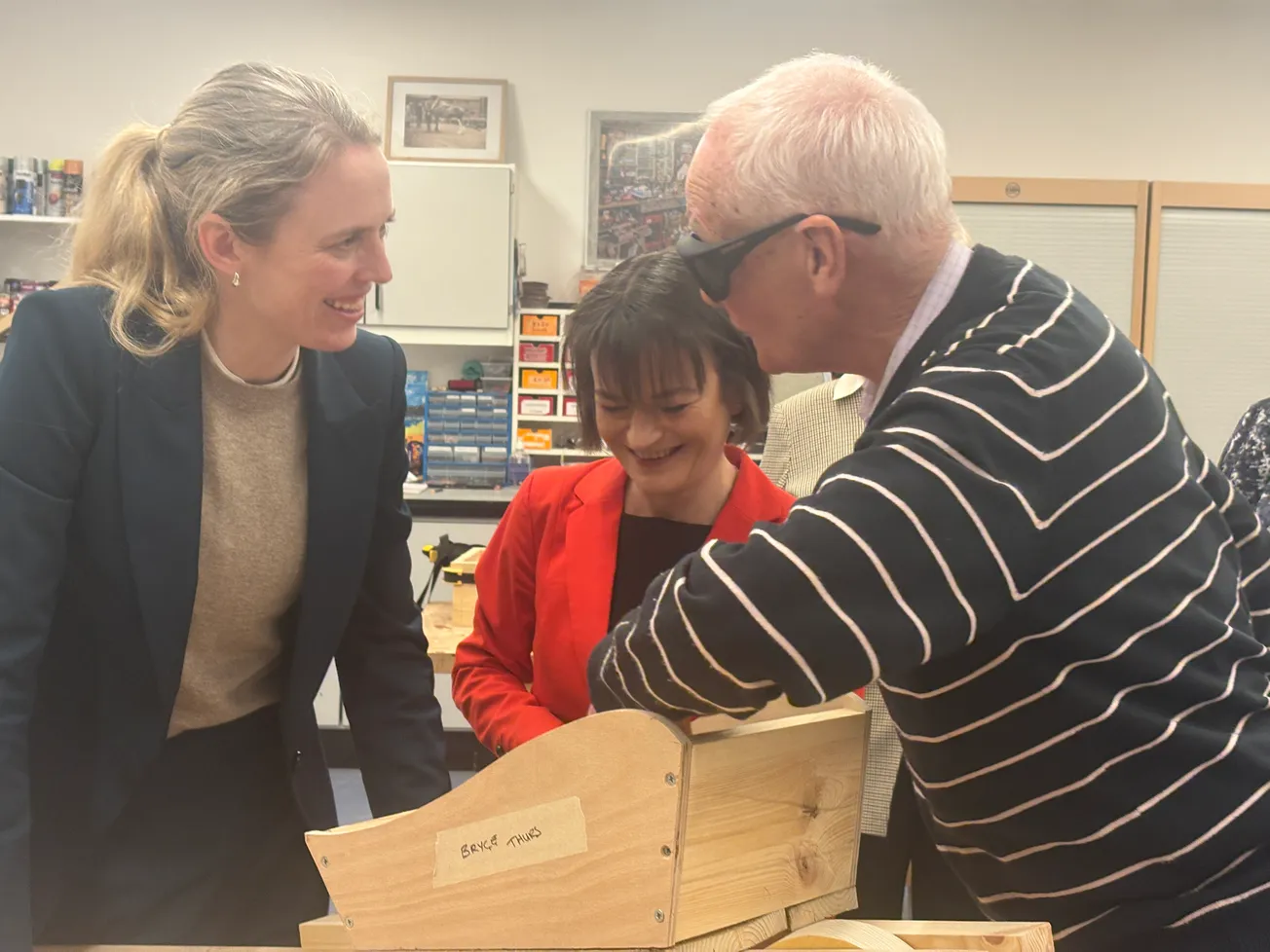On 29 September 2025 the Ministry of Defence announced a landmark change in the way surplus defence land will be developed. Under the new Forces First initiative, service personnel, veterans and their families will be offered priority access to a portion of the homes built on former Ministry of Defence sites. The policy sits at the heart of the forthcoming Defence Housing Strategy and aims to improve both the quality and the availability of housing for those who have served.
The Defence Secretary explained that the MOD has identified the potential to build over 100,000 homes on surplus land. Rather than simply disposing of these assets, the government intends to use them to help the armed forces community onto the housing ladder and create jobs in the local economy. In his words, Forces First “puts right the longstanding imbalance whereby those who serve face some of the worst accommodation in the public sector.”
How the Scheme Will Work
The Forces First approach will vary from site to site, but several common features will apply:
- First Dibs on Market Housing. Agreements will be struck with developers so that service personnel and veterans get an exclusive window to purchase open‑market homes on converted defence sites. This “first dibs” period allows military buyers time to register interest and secure a property before the general public.
- Priority for Affordable Homes. Where affordable or social housing is included, councils and developers will work with the MOD to give priority to eligible service families and veterans. In London, similar models have been used successfully to reserve affordable units for key workers.
- Acquisition of New Builds. The MOD may buy a share of new builds directly to improve the stock of Service Family Accommodation and Single Living Accommodation. These properties will replace ageing barracks and allow more personnel to live with their partners and children.
- Site‑by‑Site Flexibility. Because each defence site has different planning constraints, the precise proportion of priority housing will be negotiated locally. The MOD, local authorities and developers will agree a mix that balances community needs, viability and the size of the armed forces population in the area.
Feltham Barracks in south‑west London is the first pilot for the initiative. Once the site is vacated, hundreds of new homes will be built in partnership with Hounslow Council and the Greater London Authority. A portion of these will be earmarked for the armed forces community, creating a blueprint for other sites across the UK.
What It Means for Veterans and Service Families
For many veterans the prospect of buying a home can feel out of reach, particularly in areas where property values have risen sharply. Forces First is designed to level the playing field by offering:
- Better Housing Choices. New‑build homes on redeveloped defence land will generally be well‑built and energy‑efficient, giving families access to modern housing close to services and transport links.
- Higher Standards. The initiative builds on the Defence Housing Consumer Charter, introduced in April 2025, which guarantees higher move‑in standards, more reliable repairs and a named housing officer for every family. Combined with £1.5 billion in additional investment in military accommodation, it signals a determination to end the poor living conditions highlighted in recent surveys.
- A Pathway to Home Ownership. By reserving a share of homes for forces buyers and offering schemes such as the Forces Help to Buy (interest‑free loans of up to 50 per cent of annual salary, capped at £25,000, repayable over ten years), the MOD hopes more personnel will be able to purchase rather than rent. Shared ownership models and low‑cost home ownership schemes in each nation of the UK can also be combined with the priority window.
How to Register Interest and Find Out More
The Defence Housing Strategy has not yet published the full list of sites or application procedures, but there are several practical steps veterans and service families can take now:
- Join Your Local Housing Register. Councils in England, Scotland and Wales must give additional preference to veterans with an urgent housing need, and the local connection test does not apply to ex‑forces applicants. Registering with your preferred council will ensure you are considered for any affordable homes reserved through Forces First.
- Contact the Veterans’ Nomination Scheme. Run by the charity Stoll, this scheme matches veterans to social housing across England, particularly single people and couples without children. You cannot self‑refer, but organisations such as the Veterans Welfare Service, Defence Transition Services or local charities can make a referral on your behalf. Email vns@stoll.org.uk or call 020 7385 2110 for more information.
- Explore Forces Help to Buy and Shared Ownership Schemes. Veterans should investigate regional shared‑ownership schemes through Own Your Home (England), gov.wales (Wales), gov.scot (Scotland) and NIDirect (Northern Ireland).
- Monitor MOD Announcements. The list of available sites and the timetable for sale will be published on the GOV.UK website and through the Families Federations (Army, RAF, Naval). Signing up for email alerts ensures you hear about new developments as soon as they are launched.
- Talk to Charities and Federations. Organisations such as the Royal British Legion, SSAFA, Help for Heroes and the three Families Federations can provide tailored housing advice. The Confederation of Service Charities (COBSEO) also maintains a directory of veterans’ housing providers.
Voices from the Community
Initial reaction to Forces First has been broadly positive. Service charities welcomed the commitment to improve the quality of housing and to recognise veterans’ service with tangible benefits. The Army Families Federation called it “an encouraging step towards putting families first”, while cautioning that clarity is needed around timelines and numbers of homes available. Opposition MPs have urged the MOD to publish detailed targets and to ensure that the homes remain affordable for forces buyers.
Veterans’ organisations have also emphasised the importance of transparency. Many want to see clear rules on how priority allocations will work, and reassurance that affordable homes will not be squeezed out by developers. Nonetheless, the initiative marks a significant shift in government policy — one that places the housing needs of those who serve at the centre of estate regeneration.
Looking Ahead
The Defence Housing Strategy is due later this year and will set out the full scale and timetable of the Forces First programme. In the meantime, military families and veterans should make sure they are on local housing registers, explore available home‑ownership schemes and stay in contact with veterans’ charities. With over 100,000 homes potentially coming online in the next decade, this could be a once‑in‑a‑generation opportunity to secure a modern, affordable home in recognition of your service.







